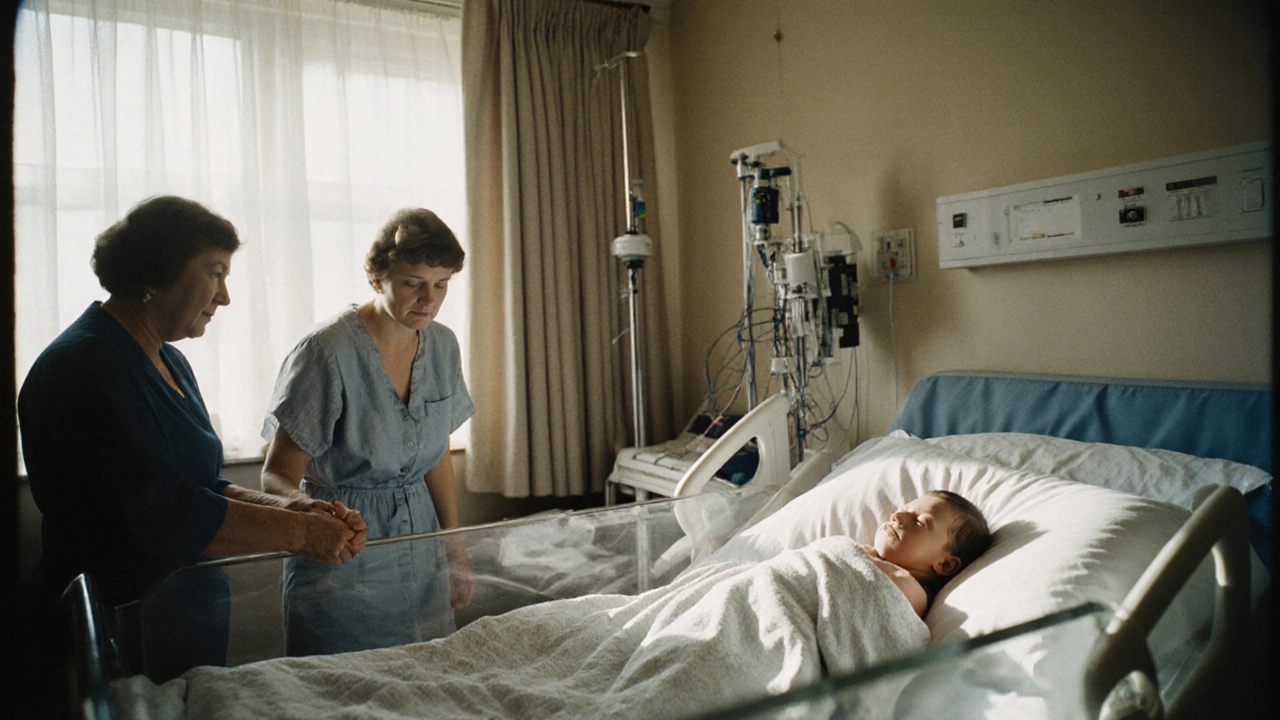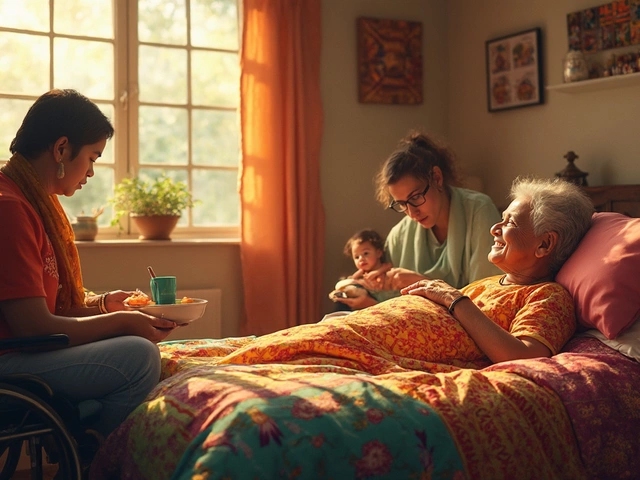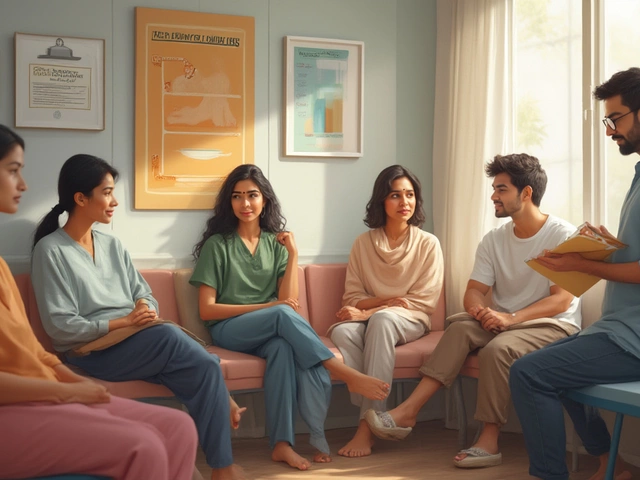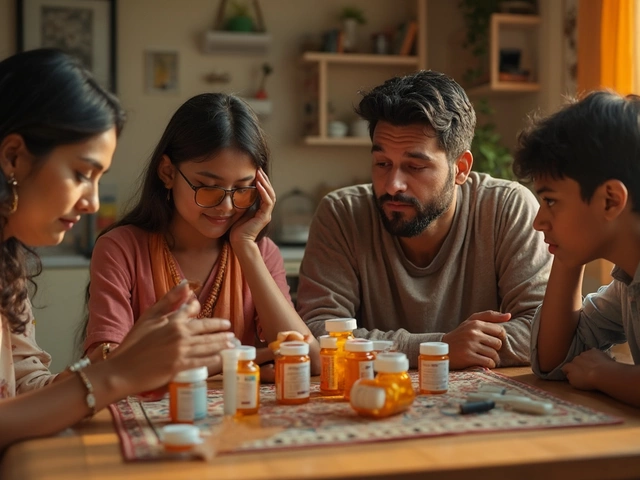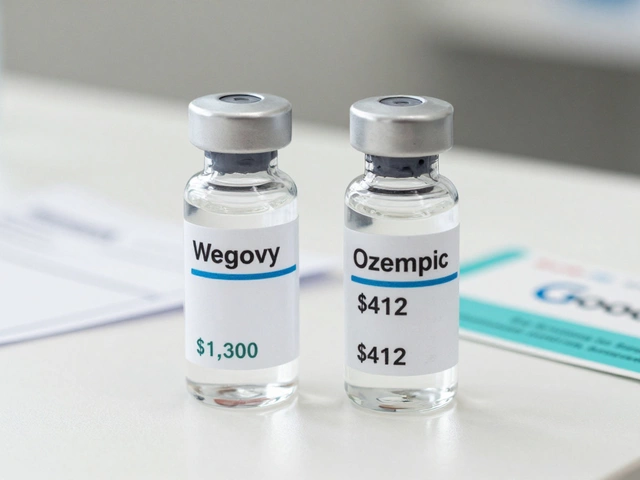On July 25, 1978, a tiny baby girl was born in a hospital in Oldham, England. She wasn’t just any newborn-she was the first human ever conceived outside the womb. Her name was Louise Brown, and her birth changed medicine forever. Today, millions of babies have been born through IVF, but none carry the same weight as hers. She didn’t just enter the world-she opened a door that had been locked for centuries.
Why Louise Brown Is the Most Famous IVF Baby
Louise Brown isn’t famous because she became a celebrity or starred in a movie. She’s famous because her existence proved something scientists had only dreamed of: that human life could begin in a petri dish. Before her birth, infertility was often seen as a dead end. Women who couldn’t conceive were told to adopt-or worse, to accept it as fate. Louise’s arrival shattered that belief.
Her parents, Lesley and John Brown, had been trying for nine years. Lesley had blocked fallopian tubes. No surgery could fix it. Doctors suggested IVF, a radical idea at the time. A team led by Dr. Patrick Steptoe and Dr. Robert Edwards worked in secret, facing ridicule from peers and funding cuts. They used a simple method: extract an egg, fertilize it with sperm in a lab, then place the embryo back into the uterus. It took 11 attempts before it worked.
When Louise was born, newspapers called her a ‘test-tube baby.’ The term stuck, even though it was misleading. She wasn’t grown in a test tube-she was fertilized in a small glass dish, then carried normally for nine months. But the world didn’t care about the science. They cared that it worked.
What Made Her Birth a Global Event
Louise’s birth wasn’t just medical news-it was front-page news across the planet. TV crews camped outside the hospital. Religious leaders called it ‘playing God.’ Scientists debated ethics for months. The Vatican issued a statement. The U.S. Congress held hearings. In Japan, a magazine ran a cover story titled, ‘The Baby Who Changed Humanity.’
What made it so shocking? For the first time, humans had taken control of conception. No longer did nature decide who could be a parent. Science did. And it worked. Louise was healthy, normal, and grew up without any known medical issues linked to her conception.
By 1981, the first IVF twins were born. By 1984, the first IVF baby in the U.S. arrived. By 1990, over 10,000 IVF babies had been born worldwide. Today, that number exceeds 10 million. Louise didn’t just start a trend-she started a revolution.
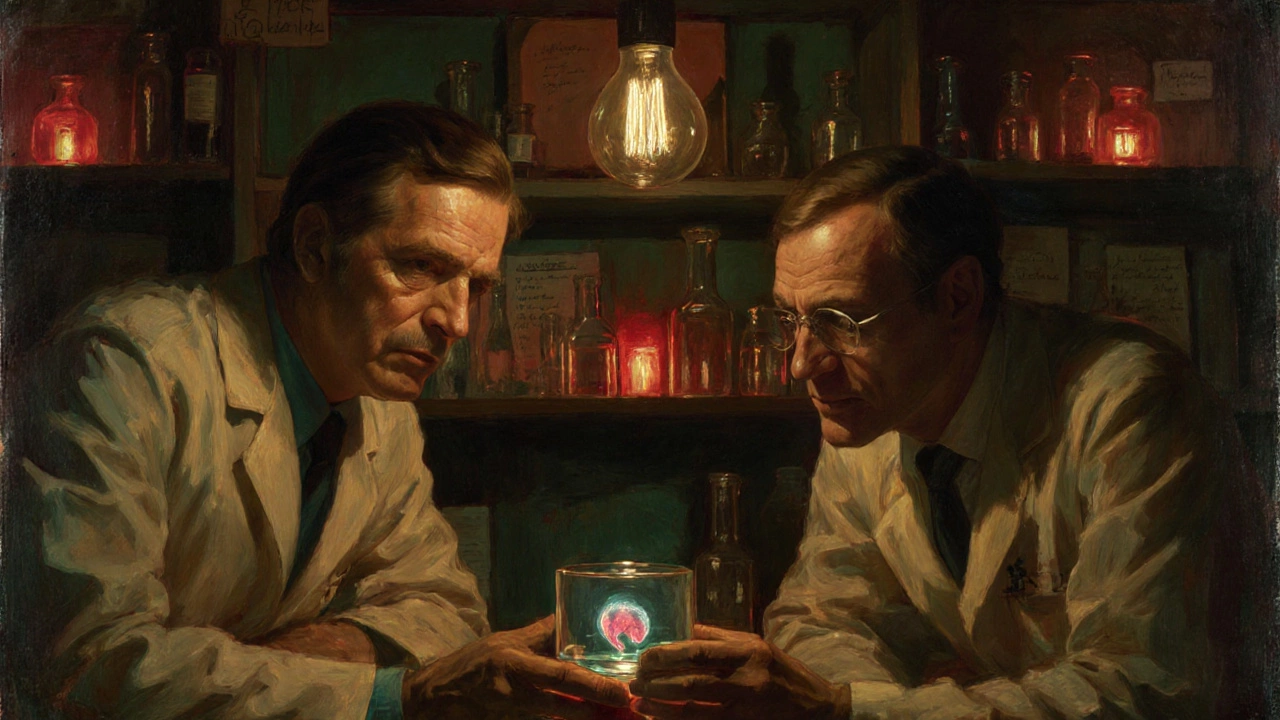
How IVF Has Changed Since 1978
When Louise was born, IVF had a success rate of less than 5%. Today, it’s around 40% for women under 35. The process is faster, safer, and more precise. Embryos can now be genetically tested before implantation. Frozen embryos can be stored for years. Single embryos are transferred to avoid risky multiple births. Hormone treatments are tailored to each body.
Back then, doctors had to guess which egg was mature. Now, they use ultrasound to track follicles down to the millimeter. The lab equipment has gone from glass dishes and manual pipettes to automated incubators with AI monitoring. Even the culture media-the fluid embryos grow in-has been refined over 50 years of research.
And yet, the core idea hasn’t changed. Egg + sperm + lab + womb. That’s still the recipe. Louise Brown was the proof of concept. Every IVF baby born since then is built on her foundation.
What Happened to Louise Brown?
Louise Brown grew up quietly. She never sought fame. She worked as a postal worker, then as a birth doula. She married in 2004 and gave birth to her own child-in 2006, naturally. No IVF needed. Her son was conceived the old-fashioned way, which made headlines again: ‘First IVF Baby Gives Birth Naturally.’
She’s spoken publicly only a few times. In 2008, on the 30th anniversary of her birth, she said: ‘I’m just a normal person. I don’t feel different.’ That’s what makes her story so powerful. She didn’t become a symbol because she was extraordinary. She became one because she was completely ordinary.
Her parents passed away in 2018 and 2022. But Louise still lives in the same town where she was born. She avoids the spotlight, but she’s not hidden. In 2020, she appeared in a BBC documentary about IVF. When asked if she’d ever be angry about being the first, she smiled and said: ‘I’m just grateful I was born at all.’
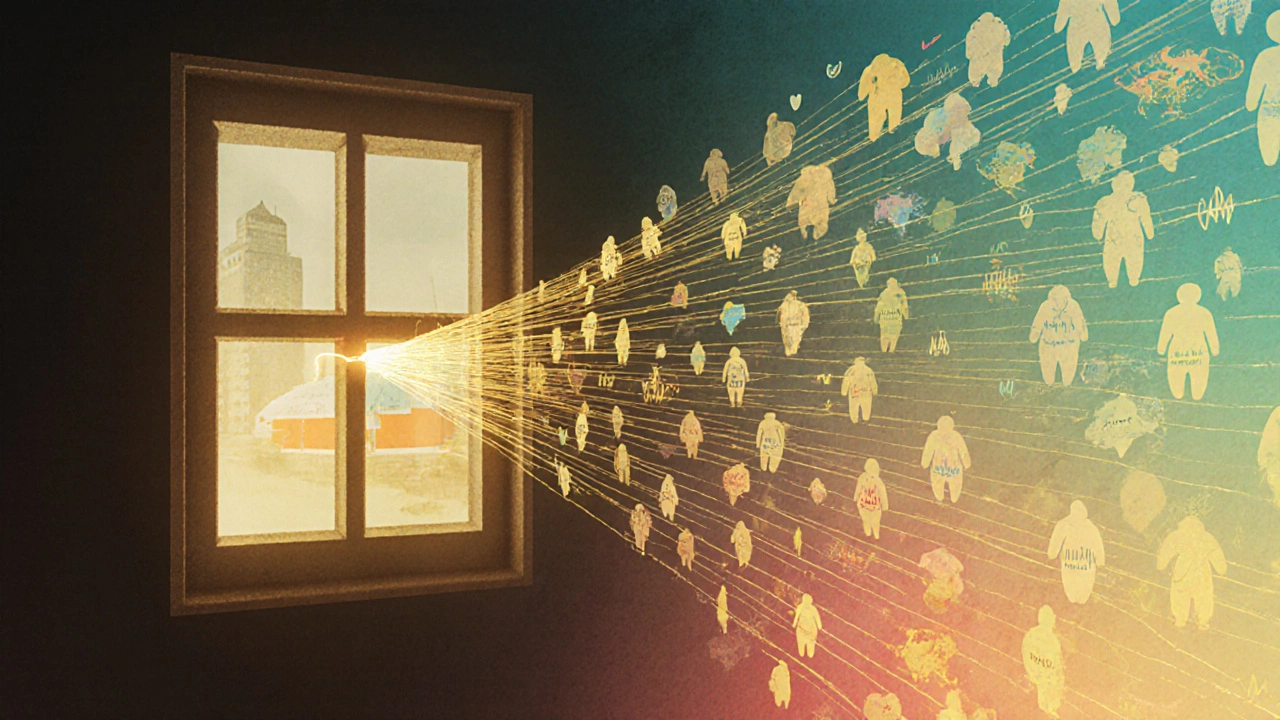
Are There Other Famous IVF Babies?
Yes-but none match Louise’s impact. Jordan Brown, born in 1981, was the first IVF baby in the U.S. A 1983 IVF twin girl in Australia became the first to later give birth via IVF herself. In India, a baby born in 1986 was the first in South Asia. Each of them broke barriers in their own countries.
But none of them changed the world the way Louise did. She was the first. And in medicine, being first matters more than being many. She proved it was possible. That’s why she’s still the most famous IVF baby-not because she did something amazing, but because she showed everyone else that they could too.
Her Legacy Lives On
Louise Brown didn’t just give hope to infertile couples. She gave science a new direction. The team behind her birth won the Nobel Prize in Medicine in 2010. Dr. Robert Edwards, who died in 2013, called her birth ‘the greatest gift of all.’
Today, IVF is used for more than just blocked tubes. It helps men with low sperm count, women with premature ovarian failure, same-sex couples using donor eggs or sperm, and people undergoing cancer treatment who want to preserve fertility. It’s even used to prevent inherited diseases through genetic screening.
Every time a woman holds her baby after years of trying, she’s standing on Louise Brown’s shoulders. Every clinic that offers IVF, every doctor who performs it, every lab that grows an embryo-it all traces back to that quiet hospital room in Oldham in 1978.
Louise Brown isn’t just the most famous IVF baby. She’s the reason millions of families exist today.
Was Louise Brown the first IVF baby in the world?
Yes. Louise Brown, born on July 25, 1978, in Oldham, England, was the first human baby conceived through in vitro fertilization. Her birth was the result of a groundbreaking medical procedure developed by Dr. Patrick Steptoe and Dr. Robert Edwards, who later won the Nobel Prize for their work.
Is Louise Brown still alive today?
Yes, Louise Brown is still alive as of 2025. She lives a private life in the same town where she was born. She works as a birth doula and has two children, both conceived naturally. She rarely speaks publicly but has appeared in documentaries to share her story.
Did Louise Brown have any health problems because of IVF?
No. Louise Brown has had no known health issues linked to her IVF conception. She was born healthy, developed normally, and has lived a completely typical life. Long-term studies of IVF children show no significant increase in birth defects or chronic illnesses compared to naturally conceived children.
How many IVF babies have been born since Louise Brown?
More than 10 million IVF babies have been born worldwide since 1978. The first million took 25 years to reach. The next million took just three years. Today, IVF accounts for about 1% of all births in developed countries and is growing rapidly in emerging economies.
Can IVF babies have their own children naturally?
Yes. Louise Brown gave birth to her son naturally in 2006. Other IVF-conceived individuals have also had children without medical assistance. Studies show that people born through IVF have normal fertility rates. Their reproductive systems develop just like anyone else’s.
